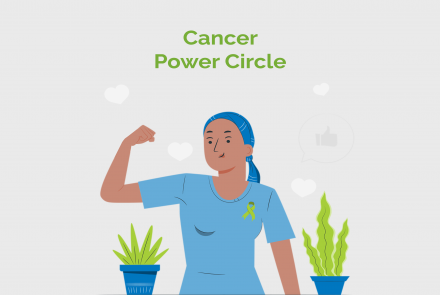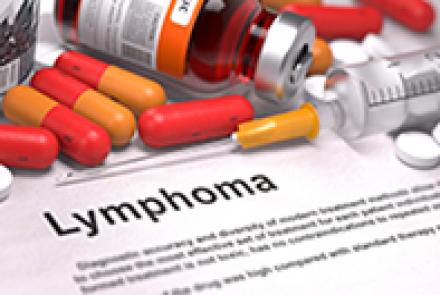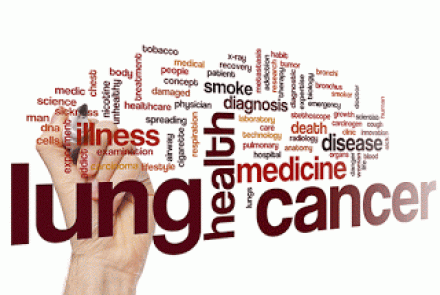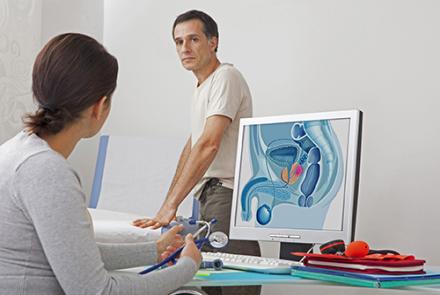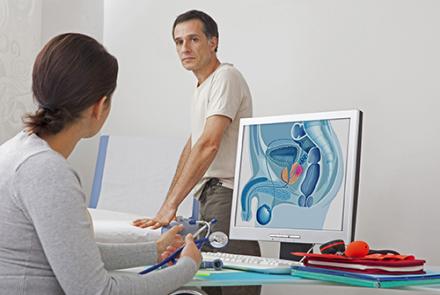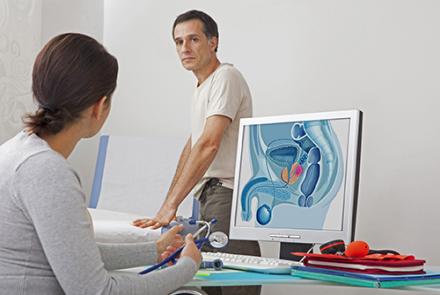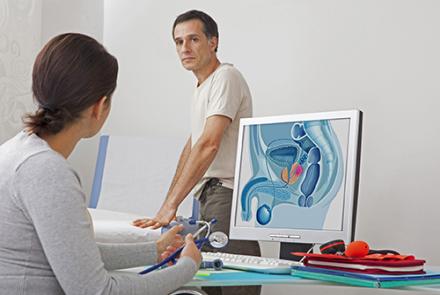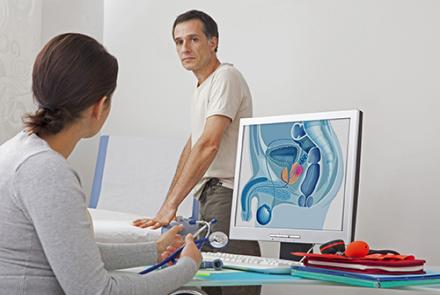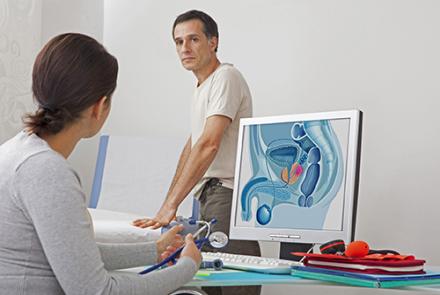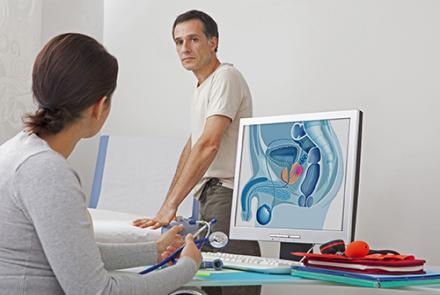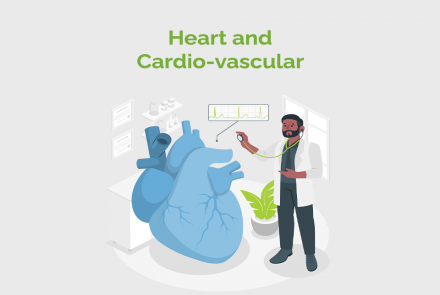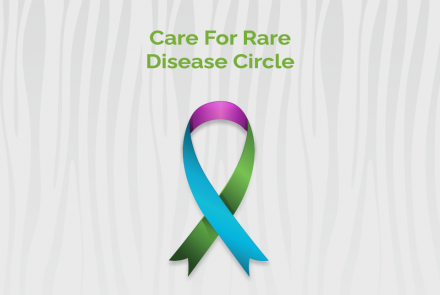This Community will address questions and discussions on all forms of Cancer. We will support each other - patients and caregivers in their journey
Latest Communities
- Hypertension, High Blood Pressure, High Cholesterol, Heart Failure, Heart Disease, Cardiac Arrest, Heart Attack,…
- A rare disease is any disease that affects a small percentage of the population. Most rare diseases are genetic and are…
- Join the Eye Health or Ophthalmological Health Community to follow content and discussions on preventing and managing…

